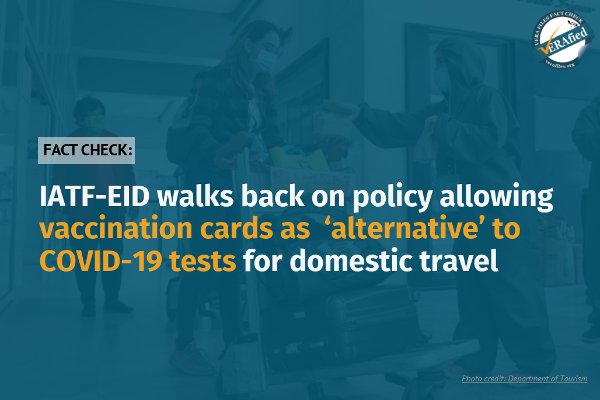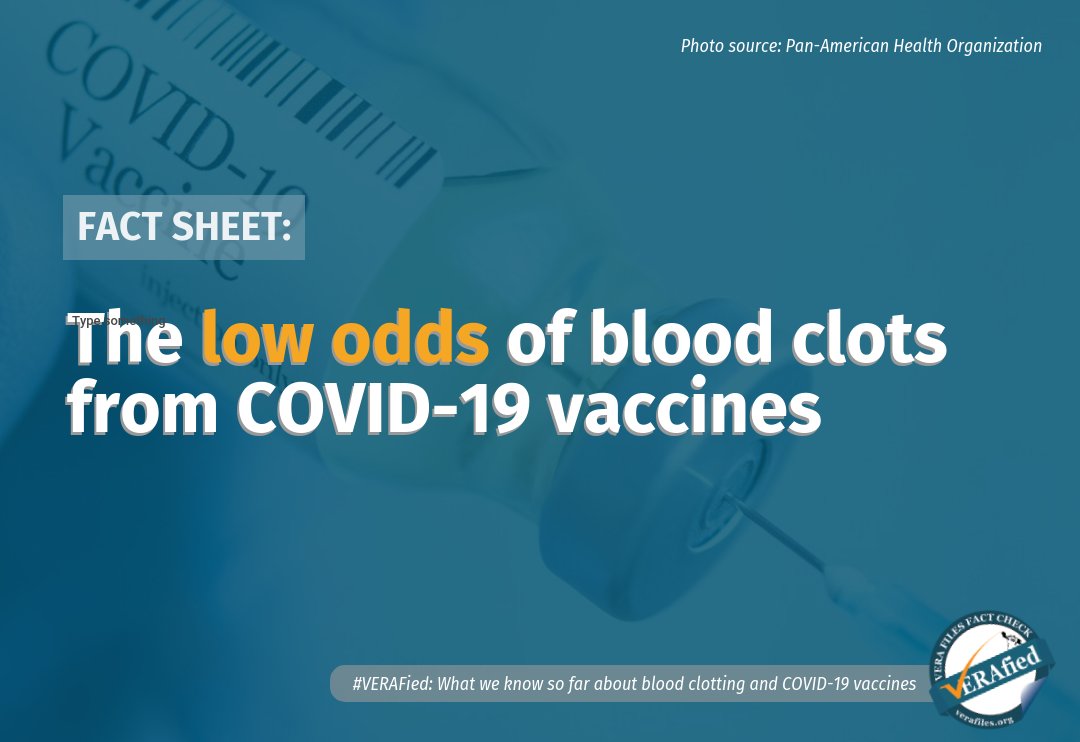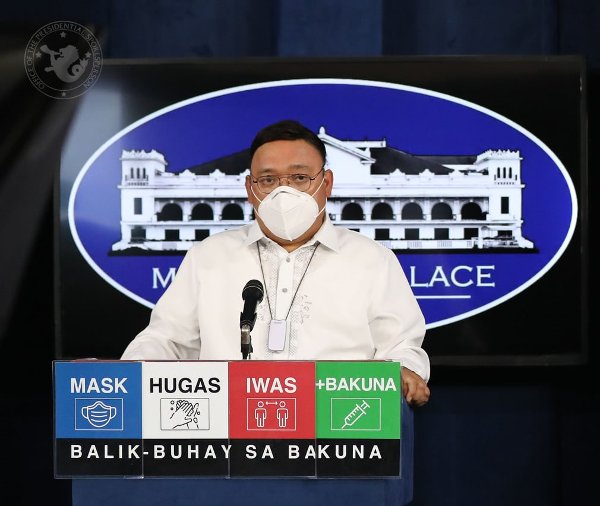In six days, the Inter-Agency Task Force for the Management of Emerging Infectious Diseases (IATF-EID) retracted its resolution allowing local government units to accept vaccination cards or certificates of quarantine completion of fully vaccinated domestic travelers as “sufficient alternative[s]” to COVID-19 tests before travel or upon arrival at the destination.
STATEMENT
On July 2, the task force issued Resolution No. 124-B, providing guidelines for fully vaccinated individuals, which states in part:
“…the presentation of a COVID-19 (coronavirus disease 2019) domestic vaccination card duly issued by a legitimate vaccinating establishment, or certificate of quarantine completion showing the holder’s vaccination status as may be issued by the Bureau of Quarantine, whichever is applicable, shall be sufficient alternatives to any testing requirement (before travel or upon arrival) which the local government unit [(LGU)] of destination may require.”
Source: Official Gazette of the Philippines, IATF Resolution No. 124-B, July 2, 2021
The same policy guidelines stated, however, that fully vaccinated persons who are close contacts of confirmed COVID-19 cases should still undergo real-time polymerase chain reaction (RT-PCR) tests conducted no later than the fifth date from a person’s exposure.
FACT
On July 8, the IATF-EID modified its July 2 guidelines by issuing Resolution No. 125 that gives LGUs the discretion to retain mandatory RT-PCR COVID-19 tests as a requirement for incoming domestic tourists. It said:
“…as amended, local government units may accept (i) a Covid-19 vaccination card duly issued by a legitimate vaccinating establishment/authority whether local or foreign; or (ii) certificate of quarantine completion showing the holder’s vaccination status as may be issued by the Bureau of Quarantine, whichever is applicable, as an alternative to RT-PCR testing requirement (before travel or upon arrival) which the local government unit may require.”
Source: Official Gazette of the Philippines, IATF Resolution No. 125, July 8, 2021
This, after the League of Provinces of the Philippines (LPP), an organization representing all 81 provincial governments in the country, expressed its hesitation to implement the July 2 policy and appealed to the IATF to give provincial governments an option to require COVID-19 tests for travelers.
In a July 6 interview on Dobol B TV, Marinduque Governor Presbitero Velasco Jr., concurrently president of the LPP, stressed that health and exposure screenings may fall short in detecting asymptomatic tourists, hence the appeal.
In a separate interview on Radio Mindanao Network (RMN), Velasco said provincial governors want to remain vigilant in curbing the potential spread of COVID-19 variants of concern in the country. The Department of Health reported on July 5 that 19 cases of the Delta variant were detected in the Philippines. (See VERA FILES FACT SHEET: Amid new COVID-19 virus variants, here’s how the Philippines can prevent another surge)
While the Department of Information and Communications Technology (DICT) works on an authentication system for vaccination cards, Health Secretary Francisco Duque III said in a July 7 interview on ABS-CBN Teleradyo that the current vaccination verification system relies on “good faith” that people would not falsify such documents.
The COVID-19 task force first removed the mandatory testing and quarantine for domestic travelers on Feb. 26 through Resolution No. 101. The resolution then allowed LGUs to require an RT-PCR test and quarantine if a tourist exhibits COVID-19 symptoms upon arrival at the destination.
As of July 5, around 2.87 million Filipinos belonging to the first five priority groups have been inoculated with COVID-19 vaccines. Vaccine czar Carlito Galvez Jr. announced in May that the Philippines initially planned to inoculate 70 million Filipinos to achieve herd immunity, but due to intermittent vaccine supply shipments, the country now aims to vaccinate around 50 million out of 110 million population, under the COVID-19 vaccination program.
In a June 25 interview on ABS-CBN TeleRadyo, Health Secretary Francisco Duque III said the Philippines is on track to achieve herd immunity “more or less” in November or December 2021, and “at the most, possibly in January [2022],” citing the adequacy of vaccine supply.




